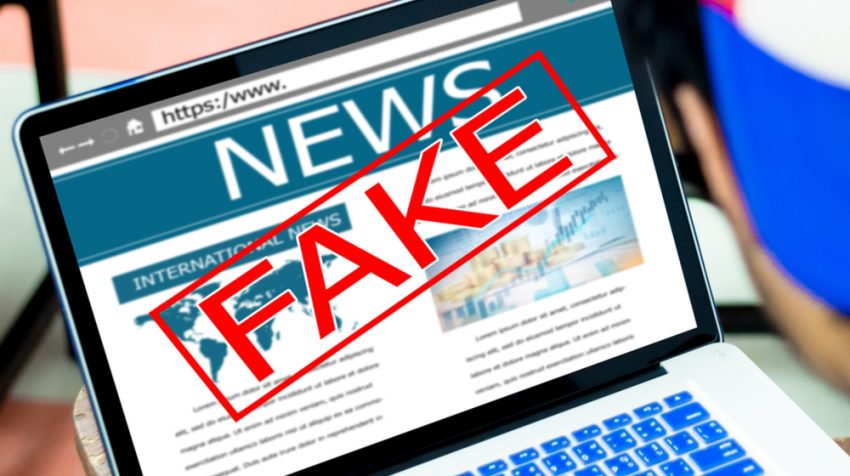EU crackdowns on social media
April 2, 2018 | Expert Insights

Sir Julian to Mariya Gabriel, commissioner for the digital economy, has written a letter to the European Union calling for a strong plan on how social media companies can operate during sensitive periods especially during the upcoming EU elections.
Background
Tech giants like Google, Facebook and Twitter have been grappling with addressing the rise of “fake news” online in the recent years. During the Presidential elections in the US, the number of fake news websites and stories increased exponentially. These were among some of the most viral stories from that year. The spread of fake news through social media platforms was also rampant during other major elections such as the French Presidential elections.
In April 2017, Facebook and Google announced a new app called Fact Checker in hopes of curbing fake news. Google personally will not fact check articles through this product. However, it has created the “Fake Check” tag to go along with online articles that have been verified. The European Union is a political and economic bloc comprising of 28 independent member states. The EU has shown initiative in updating its policies to address cyber issues. The bloc has expressed concern regarding inflammatory content and hate speech on major social media sites for years.
In September 2017, social media giant Facebook admitted to finding approximately $100,000 worth of ads connected to Russia. Alex Stamos, Chief Security Officer took to Facebook and wrote about the developments noting, “In reviewing the ads buys, we have found approximately $100,000 in ad spending from June of 2015 to May of 2017 — associated with roughly 3,000 ads — that was connected to about 470 inauthentic accounts and Pages in violation of our policies. Our analysis suggests these accounts and Pages were affiliated with one another and likely operated out of Russia.”
The general consensus among experts is that “fake news” has played a key role in influencing the electoral outcome. In countries like India, it has been used to flame racial and bigoted violence.
Analysis
On the 26th of February, Reuters reported that the European Union is currently drafting legislation that will enable law enforcement to demand access to electronic criminal evidence: both within the EU, and across the world.
“The current method [to access evidence internationally] is very slow and non-efficient,” European Justice Commissioner Vera Jourova told Reuters. Under the current system, Mutual Legal Assistance Treaties (MLAT), European officials are required to file an official warrant with the country where the data is stored. Jourova acknowledged the inter-governmental issues that could arise. “This issue of reciprocity in the law enforcement area is highly necessary to discuss in order to avoid the problem of conflict of laws,” she said.
Now, Sir Julian to Mariya Gabriel, commissioner for the digital economy, has written a letter calling for strong plan on how social media companies can operate during sensitive periods. He was referring to the upcoming EU elections slated to take place next year and other elections in the near future. “It is clear that the cyber-security threat we are facing is changing from one primarily targeting systems to one that is also increasingly about deploying cyber means to manipulate behaviour, deepen societal divides, subvert our democratic systems and raise questions about our democratic institutions,” the letter adds.
In June 2017, British Prime Minister, Theresa May and President of France, Emmanuel Macron launched a campaign which aims to hold tech companies accountable for not aggressively countering inflammatory content found in the internet. Under this new plan, companies such as Google and Facebook will not only be held accountable but will be held legally culpable for not successfully going after content disseminated for radicalization – the companies if held responsible will have to pay a fine. Additionally, the campaign will also continue to explore various news ways to further explore how legal penalties can be imposed on tech giants for non-compliance.
Assessment
Our assessment is that governments across the world should accept the reality of fake news and address it as a top priority as it has the power to derail agenda. Fake news has been used to incite violence in many nations including India. We believe that the most effective answer to fake news is accurate news.








Comments